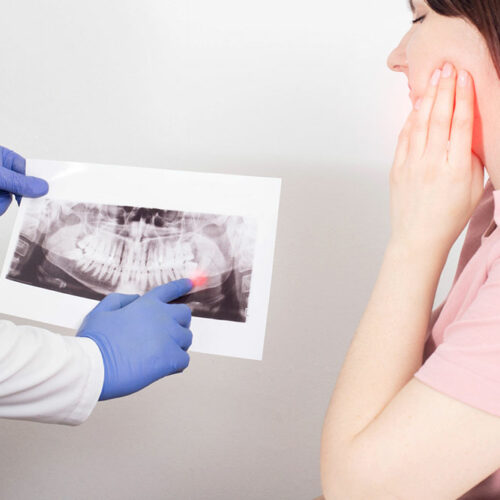6 adverse effects of implants on teeth

Dental implants have revolutionized modern dentistry by providing a viable solution for individuals with missing teeth. They provide several advantages, including better functionality and aesthetics. However, while dental implants are generally considered a safe and effective treatment, they are not without their side effects, especially when not properly cared for or when certain complications arise. Here are some of the adverse effects of dental implants on teeth and the importance of vigilant maintenance. Peri-implantitis Peri-implantitis is a common complication associated with dental implants that can negatively impact surrounding teeth. It is similar to periodontitis, a gum disease that can lead to tooth loss. Peri-implantitis occurs when the tissues surrounding the implant become inflamed and infected. This condition can result in bone loss around the implant, ultimately compromising its stability. The adverse effects of peri-implantitis extend beyond the implant itself, as the infection can spread to nearby natural teeth. This can lead to tooth mobility, increased sensitivity, and eventually tooth loss. Therefore, it is crucial for individuals with dental implants to maintain excellent oral hygiene and undergo regular check-ups to detect peri-implantitis in its early stages. Implant failure Implant failure is a significant concern for those who opt for dental implants.






